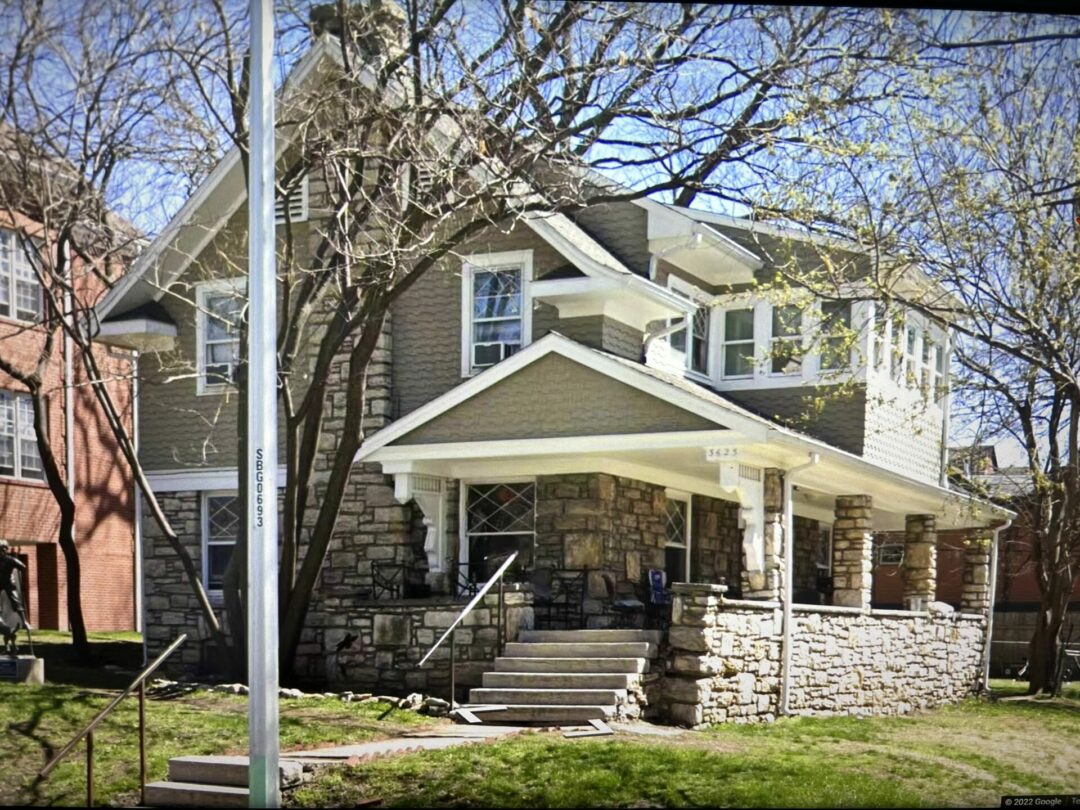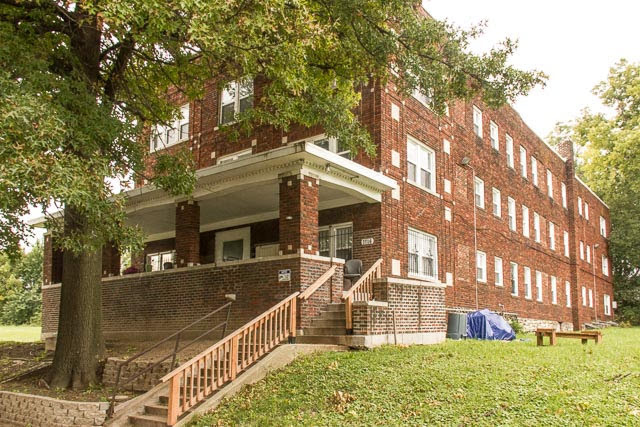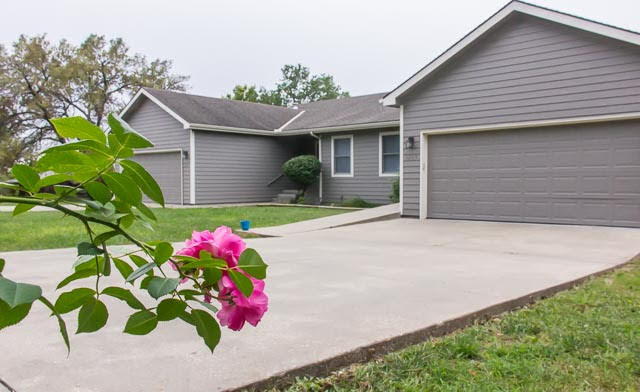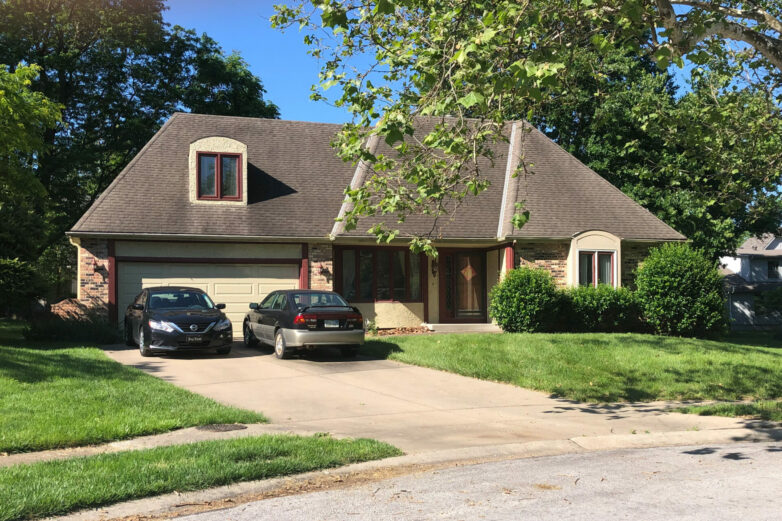Transitional & Supportive Housing
AHH offers a variety of transitional and supportive housing programs for individuals struggling to find housing, often as a result of a substance use disorder. AHH offers these programs both independently and through partnerships with the Salvation Army, area hotels, and other housing agencies. AHH also administers a re-entry program that helps recently incarcerated individuals find housing, employment, and social support services.
AHH owns five residential properties that provide limited transitional and supportive housing to young men who cannot find housing elsewhere. Residents in AHH transitional and supportive housing are eligible for AHH’s scholarship program, which provides financial support to rehabilitating individuals hoping to pursue new career opportunities (the application can be found here), as well as AHH’s car program, which provides vehicles to help residents get to and from work independently and on time.
2022 Stats:
- Housed 218 men.
- Averaged 58 men each night.
- 85-90% of residents moved on to independent living, transitional housing, or to the next step in their recovery.
- Almost half of the unsuccessful discharges returned to the program. (most occurring in the first 30 days)
AHH Residential Transitional and Supportive Housing Properties

Bodhi House
Kansas City, MO (established 2015)
The first AHH residential property, Bodhi House is a respite and recovery house for individuals waiting for more permanent housing options or completing detox before entering inpatient treatment programs for substance abuse. It is a clean and sober residence with 24/7 surveillance that houses up to 11 men at any one time. All the basic needs are provided free of charge; food, clothing, personal hygiene items, prescription medicines, etc. There is no charge to stay at Bodhi House, and there are no employment requirements. Bodhi House boasts an almost 90% success rate for men moving on to be placed in a treatment program or housing solution.

Finnegan Place
Kansas City, MO (established 2016)
The second AHH residential property, Finnegan Place provides transitional housing for individuals upon completion of an initial recovery program. Comprised of 12 one-bedroom and 6 two-bedroom apartments, Finnegan Place houses up to 45 men at any given time. It offers a clean and sober living environment with peer support services. It is conveniently located in Midtown Kansas City near public transportation so residents have easy access to get to their jobs or school. There is a house manager who oversees the complex and assists residents with any issues they may have with their apartment, as well as a free onsite medical and dental clinic staffed by the World Outreach Foundation. Residents of Finnegan Place are required to be employed, to pay a weekly program fee of $125, to submit to random drug and alcohol testing, and to attend weekly recovery meetings.

Kairos House
Lawrence, KS (established 2019)
Kairos House provides reentry support and and transitional housing for men in Douglas County, Kansas. It provides safe shelter for those who are waiting for more permanent housing options or completing detox before entering inpatient treatment programs for substance abuse. Kairos House can house eight individuals at one time, and housing and peer support services are free of charge to residents.

Meraki House
Lawrence, KS (established 2021)
Located in Douglas County, Kansas, Meraki House provides transitional housing for individuals upon completion of an initial recovery and/or reentry program. Meraki House can house 8 individuals at one time, and residents are required to be employed, to pay a weekly program fee of $125, to submit to random drug and alcohol testing, and to attend weekly recovery meetings.

Concord House
Overland Park, KS (established 2022)
Concord House is AHH’s first respite house in Johnson County. Providing transitional housing for up to 8 individuals at one time, Concord House requires residents to be employed, submit to random drug and alcohol testing, and attend weekly recovery meetings.